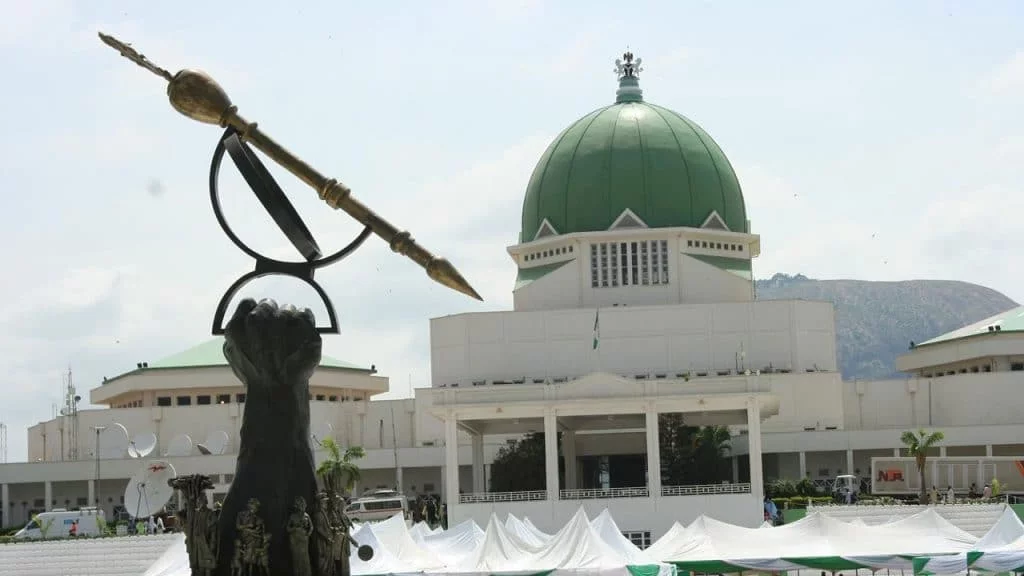Since the onset of the transition to civilian rule in 1999, following over 15 years of military dictatorship, there has been ongoing debate regarding the most suitable democratic governance model for Nigeria. Some advocate for retaining the American-style presidential system, which Nigeria adopted between 1979 and 1983 and currently practices, while others advocate for a return to the parliamentary system inherited from British colonial rule in 1960.
Advocates for reverting to the parliamentary system argue that it would streamline governance, enhance accountability, and reduce costs. They propose eliminating the bicameral legislature in favor of a unicameral legislature, wherein the Prime Minister, chosen from the majority party in parliament, leads the government alongside ministers who are also lawmakers. This, they argue, would significantly reduce the financial burden associated with running a two-chamber legislature.
On the other hand, proponents of the presidential system, which was modeled after the United States’ governance structure, argue that it ensures checks and balances among the executive, legislative, and judicial branches, preventing the concentration of power in any one institution. They advocate for modifying the current system to better suit Nigeria’s diverse circumstances.
The debate has resurfaced recently, with the House of Representatives initiating discussions on reverting to the parliamentary system, citing economic considerations. A bill proposing this transition has passed its first reading in the lower legislative chamber and is expected to undergo further review by the Constitution Review Committee.
The proposed changes aim to reintroduce characteristics of Nigeria’s First Republic, emphasizing accountability, responsibility, and responsiveness while reducing the cost of governance. Key alterations include replacing the President with a ceremonial Prime Minister and shifting the election process for governors and local government chairpersons to legislative bodies.
Advocates for the parliamentary system argue that it aligns better with Nigeria’s cultural and ethnic diversity, fosters unity, and reduces the concentration of power in the federal government. They believe it would lead to more effective governance and better utilization of resources.
However, some voices caution against hastily abandoning the presidential system, suggesting that it could still serve Nigeria with appropriate modifications through restructuring. They emphasize the need to tailor governance models to Nigeria’s unique context and advocate for public debate and consultation to determine the most suitable path forward.
In summary, the ongoing discourse underscores the complexities and nuances involved in shaping Nigeria’s governance framework, with proponents and skeptics alike advocating for solutions that address the country’s challenges while leveraging its strengths.







